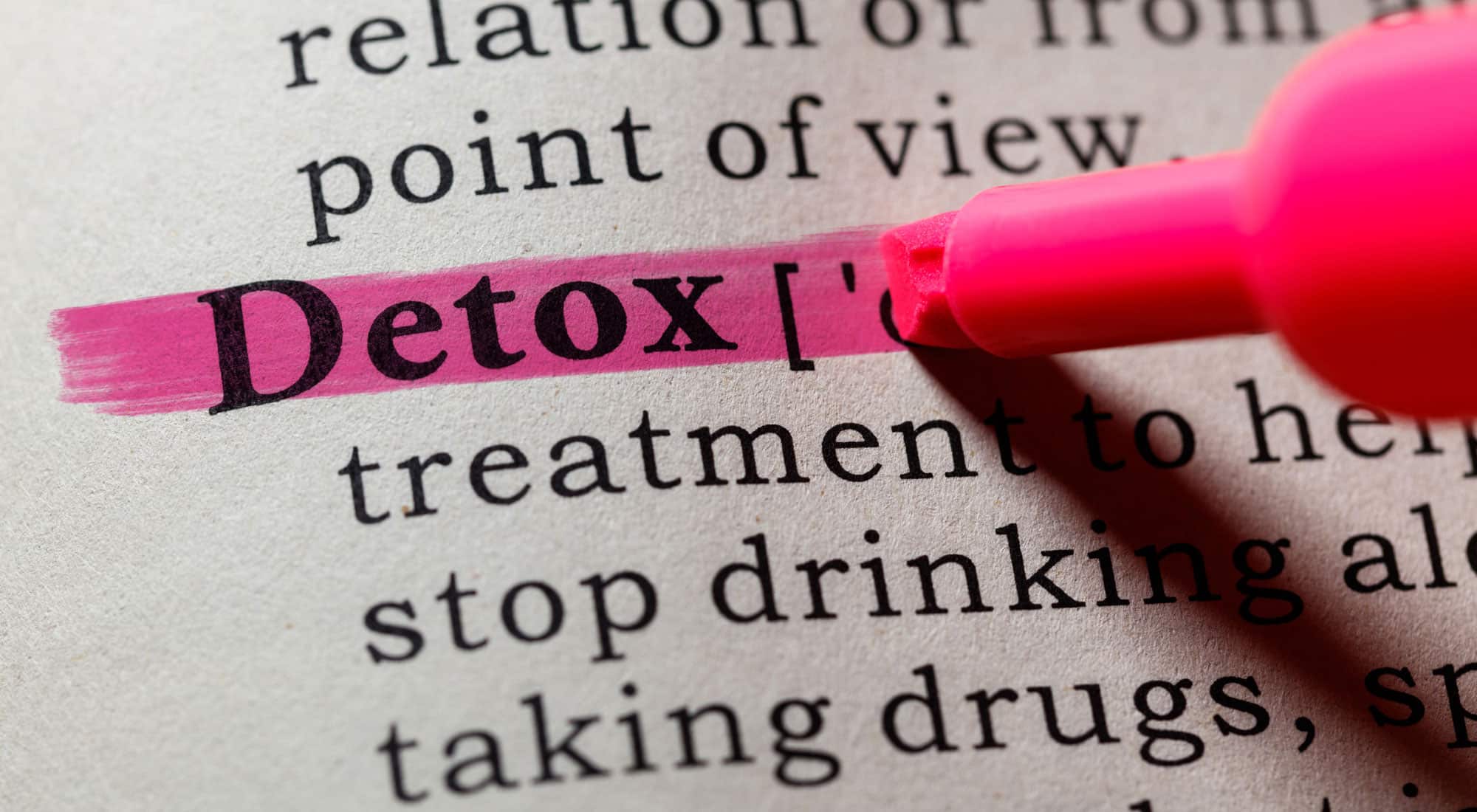By Stephanie O’Brian, Ed. S., LPC
We all know those things that happen in the real world, that we believe could never happen to us. As a licensed counselor and educator, I am well-versed in how complex it is to detox safely and why you should detox from alcohol in a safe environment. But my professional experience and insight never prepared me for what happened to my younger sister.
Though detox death is rare, rare still happens. Most of us simply never think it could happen to us. But it can. And for me, it did.
My professional experience and insight never prepared me for what happened to my younger sister.
In August 2022, my amazing little sister died at the age of 31. Pip was incredibly intelligent, wildly hysterical, powerfully passionate, and beautifully vibrant. She battled mental health issues and addiction for the majority of her young life. She had successfully ended her addiction to drugs years prior to her death when she birthed my nephew in 2010. His life inspired her to turn hers around.
But then, hardship. COVID. Cultural mayhem. Crisis upon crisis. Pip turned to alcohol as her coping mechanism. She was masterful at keeping her addiction from us. We assumed the roller coaster she was on was due to other struggles happening in her life. None of us knew the critical level her alcoholism had reached. She was too ashamed to tell us.
The day before Pip died, she was taken to the emergency room voluntarily. She walked in on her own two feet, perfectly coherent. She had not been able to stop vomiting. She felt miserably ill. She did not tell the person who took her how much she had been drinking. When the labs came back, she had a blood alcohol level (BAC) of 0.42%.
Having blood alcohol content of 0.42% is far beyond the legal limit. Most people would be unconscious at this point. Many would have already succumbed to alcohol poisoning. But my precious sister had been addicted to alcohol for so long that she had increased her tolerance. She was able to consume so much alcohol that even with a BAC of 0.42%, she could walk and talk just fine.
While in the hospital, they detoxed Pip’s blood and hooked her up to banana bags for about 12 hours. (Named after their distinct yellow coloring, banana bags contain a mixture of vitamins and minerals that help to stabilize your system.) She pleaded to stay at the hospital. She was a certified nurse assistant; she knew the risks of leaving and the agony of withdrawal in the hours ahead.
But instead of admitting her to the hospital, the staff gave her a packet of information and told her to come to outpatient rehab at 8 a.m. the following morning.
By 3 a.m., Pip was gone. She had tried to get help. She knew she had a problem. She wanted to conquer her alcohol addiction, just as she had conquered her drug addiction. But she died of delirium tremens (DT), the most severe and fatal symptom of alcohol withdrawal.
What exactly is DT? According to Healthline.com, delirium tremens includes the following symptoms:
- Confusion
- Disorientation
- Hallucinations (these can be tactile, visual, and/or auditory)
- Irritability
- Extreme sweating
- Rapid breathing
- Unconsciousness
- Stupor
DT only occurs in 5% of withdrawal cases and is the most severe side effect, says Harvard Health Publishing. The death rate for those who get delirium tremens is anywhere from 5% to 25%, according to research shared by Alcohol Health & Research World. Under expert medical supervision, a person going through DT will be properly medicated.
Some people are at a higher risk for developing DT symptoms. Healthline.com reports that those with a history of heavily alcohol usage, withdrawal seizures, or DT, as well as those with liver disease (or abnormal liver function), or other acute illnesses occurring at the time of withdrawal are at an elevated risk. My sister had poor liver function, but we were unaware of the extent of her liver damage until her autopsy. Again, it was too late.
Alcohol withdrawal is not diagnosed through any tests or assessments, but rather through a standard physical exam and medical history. If you go to the ER with an emergent case of alcohol withdrawal, you may not be cognizant enough to communicate your medical history to your physicians.
Again, Pip’s BAC was 0.42%, and the person who accompanied her was unaware of her history because my sister was too ashamed to disclose it. She held a job at a hospital, received awards, was a devoted partner, and an incredible mom. No one except she could have communicated to the doctors what they needed to know.
According to Insider, people who are dependent on alcohol have a decreased chance of death when given benzodiazepines and anti-seizure medication. Pip was given benzodiazepines, but the doctors treating her failed to give her anti-seizure medications. Healthline.com also encourages those who are withdrawing from alcohol to stay hydrated, maintain their electrolyte balance, and replenish their nutrients (especially folate, thiamine, and dextrose).
It’s for these reasons and more that The Meadows is here to help you or someone you love to detox safely. Unfortunately, not all healthcare professionals are trained thoroughly when it comes to addiction and detoxification, but this is what we do best at The Meadows. Our caring experts know exactly how to help those who are struggling with alcohol and other substances and will customize a treatment plan based on your specific needs. Detox death is preventable. To find help and answers to your questions, reach out today to learn more.



